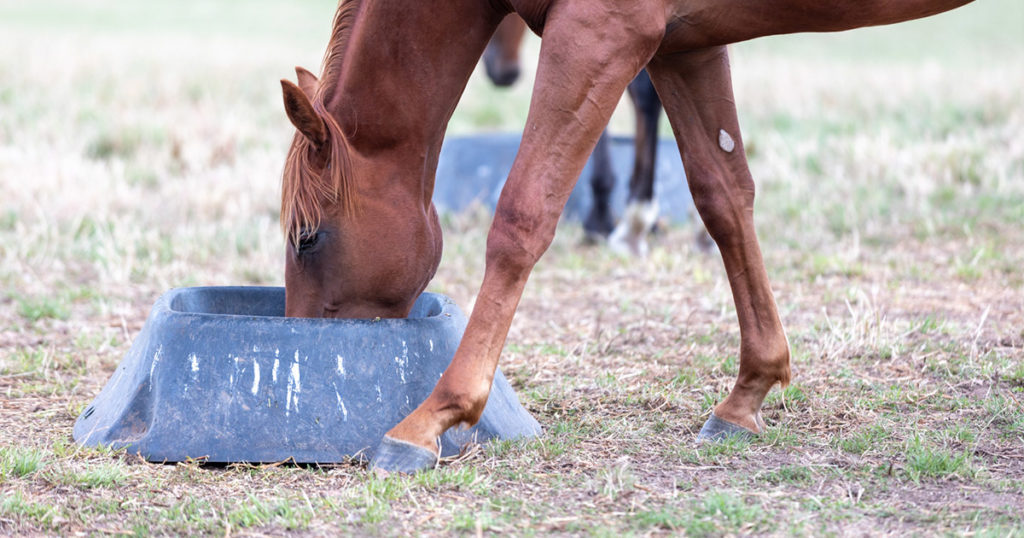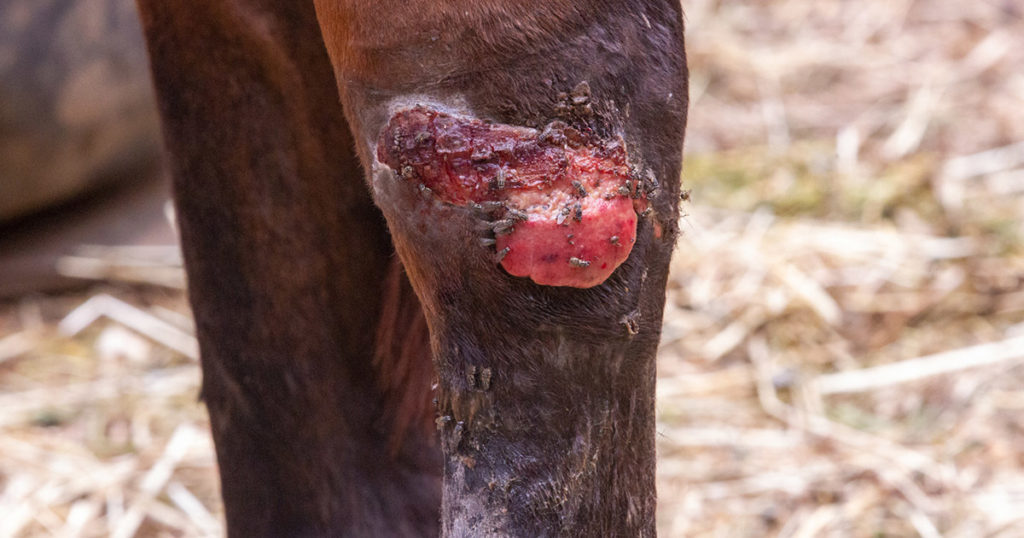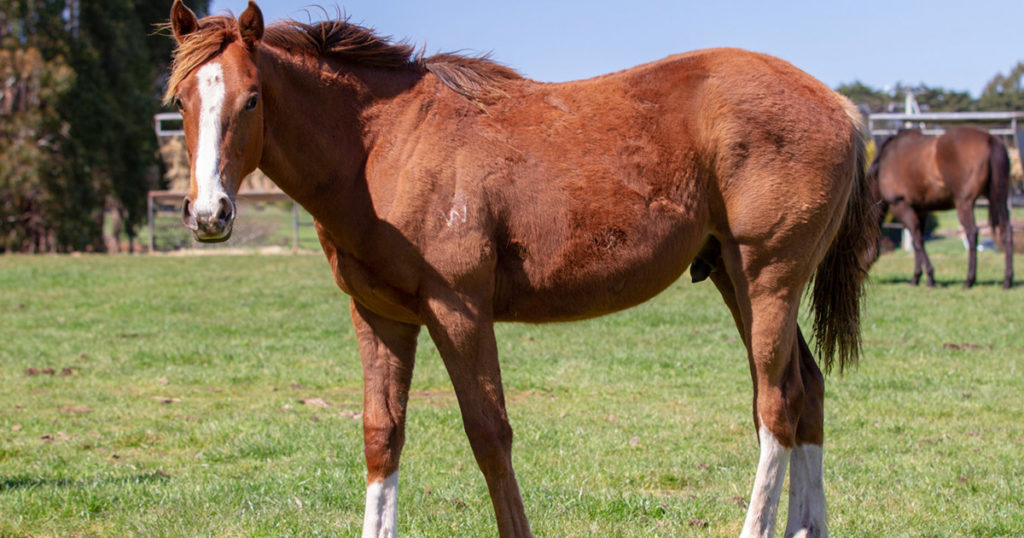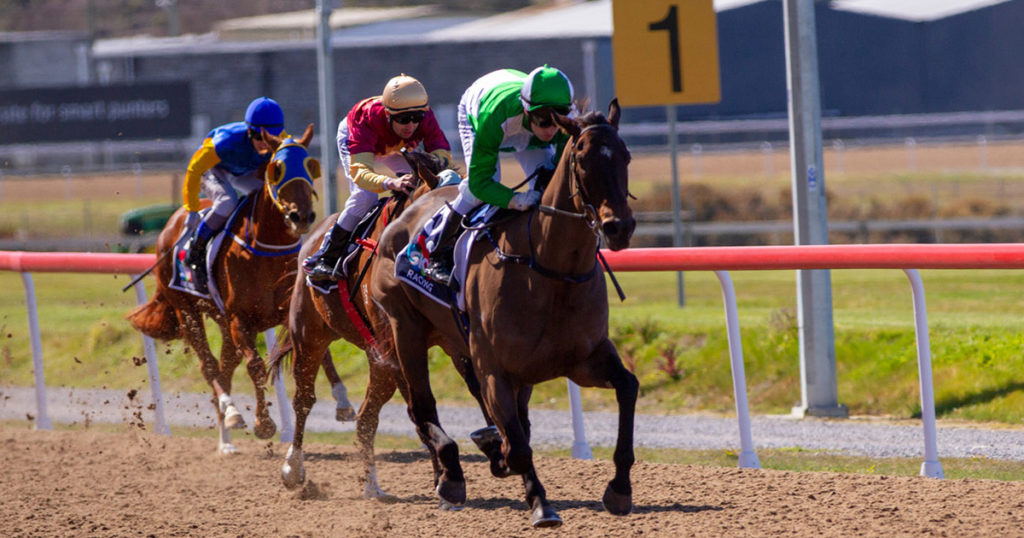We commonly read or hear that when introducing a new feed into our horses’ and ponies’ diets that we should make the change slowly. But why is this? And is it actually really necessary?
In short, it relates to the microbiota of our equines’ digestive systems.
The bacteria, fungi, protozoa, and viruses that colonise the equine gastrointestinal tract (GIT) (collectively known as the microbiota), play many crucial roles in horse health.
These microbes influence digestion, energy and nutrient production, immune health, levels of inflammation in the body, overall GI health, body condition, respiratory health, skin health, metabolic health, reproductive hormones and the production of neurotransmitters (chemicals which influence their mood, temperament, learning, motor control and behaviour).
When the microbiota deviates away from what is optimal, a horse is more susceptible to conditions of inflammation, illness, pathology, GI disturbances including colic, gastric and colonic ulcers, stressed behaviour and diminished nutrient and energy production and uptake.
The large population of microbes that inhabit the equine GI tract are influenced by what our horses and ponies eat. The specific types of microbes become accustomed to what our equines are fed and must adapt to different types of feed. This means that when they eat different types of feed, there are different populations and types of microbes.
Sudden dietary changes induce rapid shifts in this delicate balance of microbes and the byproducts they produce, rendering a horse more susceptible to illness. Whilst this is a broad simplification, the sudden changes in the microbes and their activity are largely indicated in many cases of colic, laminitis and other serious health conditions.
When we add new feeds to a diet or change a horse’s diet- we want to facilitate a gradual change in the microbial population and the products these microbes produce. The best way to do this is to introduce new feeds into their diet gradually over a 7-14 day period, slowly increasing the amounts of the new feed as the microbial population adjusts.
It’s a simple process, which is largely overlooked: something which can save a lot of pain, heartache and expense.
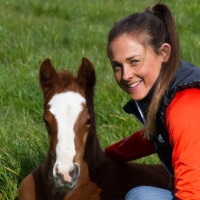
Camilla Whishaw is a highly regarded, experienced horsewoman and naturopath, helping to holistically treat and manage a broad range of equine health conditions and injuries, with a passion for mare and stallion fertility.
As a world-renowned practitioner, presenter, author, and consultant in the field of Equine Naturopathy, Camilla shares her knowledge through keynote presentations, interviews, lectures, panel sessions, and workshop training.

